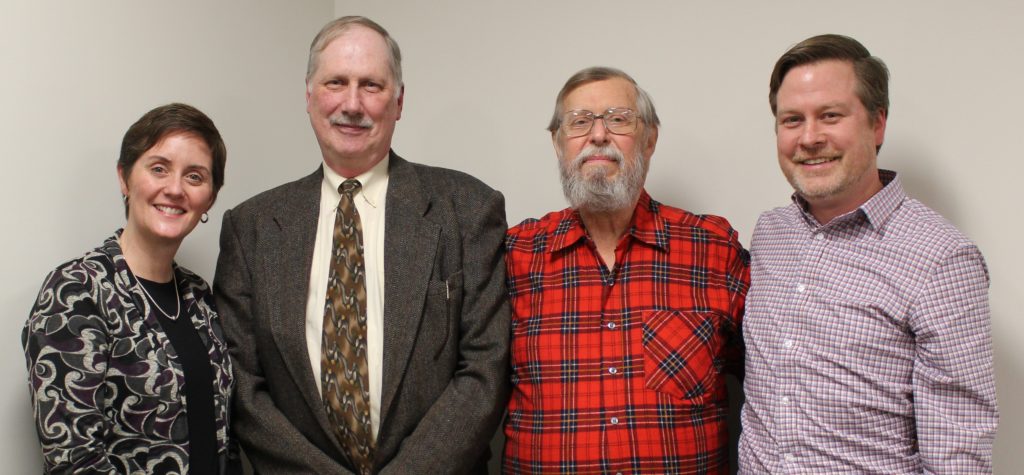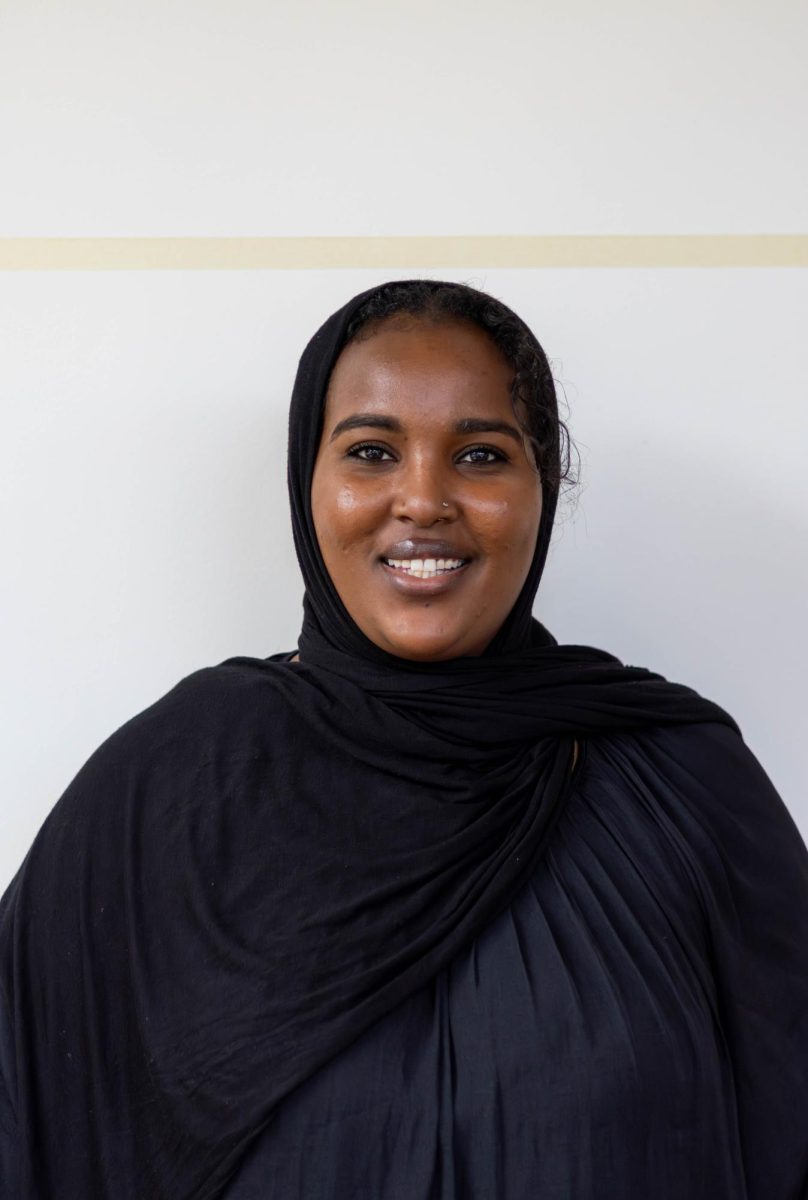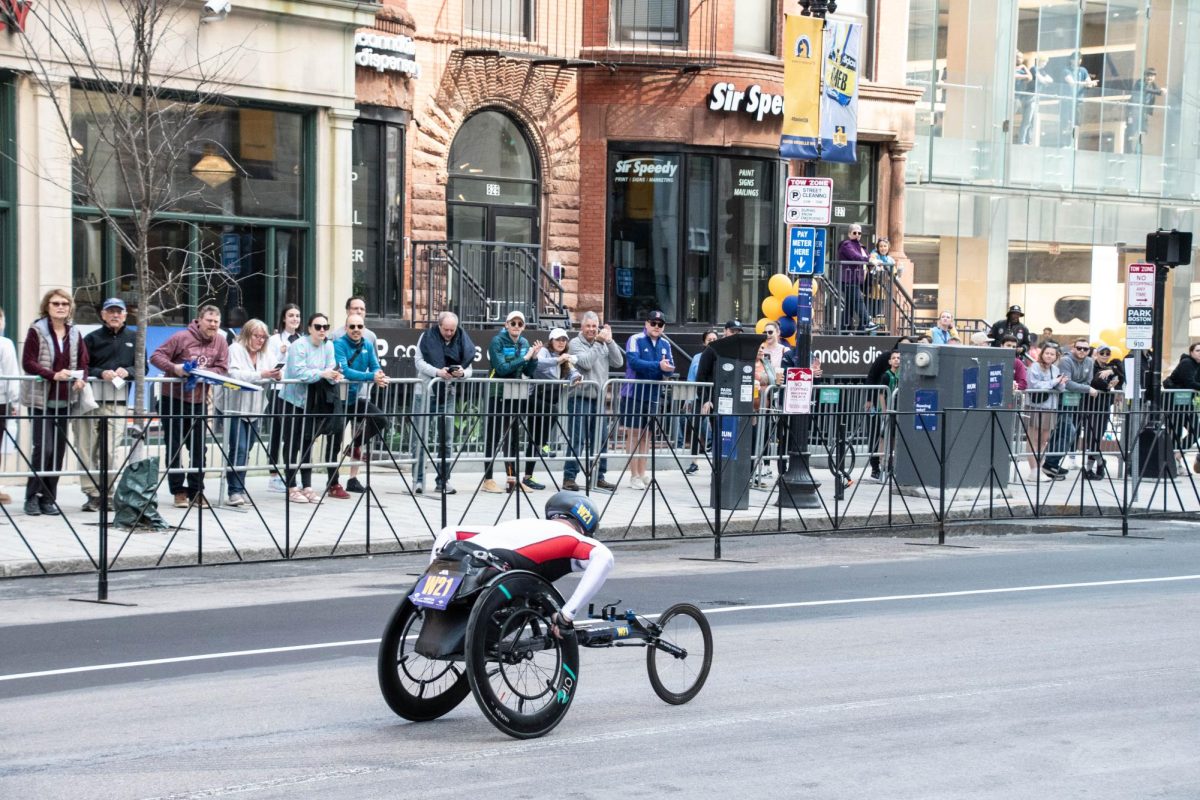By Riley Robinson, news correspondent
For four decades, Don Fulton released his creative side by taking adult ballet classes while working as an electrical design engineer. He began at the Joy of Movement Center in Cambridge, where he would go after work because it was next to his lab at the Massachusetts Institute of Technology. Later, he attended adult classes at Boston Ballet School in Back Bay, and even morning class in a Gothic Revival church in Harvard Square.
“Morning ballet classes in the sanctuary with the sun streaming in through the stained glass windows were just magical,” Fulton said in an Oct. 5 email to The News.
Then in 2014, nine years after retiring from his lab, he was diagnosed with an incurable blood cancer. This is when Fulton, a 1966 Northeastern University graduate school alumnus, became serious about donating his money to the arts. He will donate $1 million each to Boston Ballet and Greater Boston Stage Company, his local theatre, upon his death. Twenty-nine other Boston organizations, including Northeastern, will receive smaller donations totaling approximately $4 million.
“I love theater,” Fulton said. “I have been going to [New York City] a couple times a year for many, many years, and since I retired 12 years ago, I have had the time to see a lot of local theaters.”
Fulton’s wealth came from his innovations in motor engineering. He got his start doing a co-op at an MIT lab, now called Draper Laboratory. He continued working at the lab for the next 15 years, where he discovered errors in the widely accepted motor programming of the time.
In 1980 he developed the “Induction Motor Controller with Rapid Torque Response,” and in 1982 was granted U.S. patent 4,348,627 — one of 14 he holds today.
Fulton’s invention would have even greater effects decades later: His motor controller is a key component in the engines for Tesla Motors cars.
Fulton will donate some of his estate to his undergraduate alma mater, MIT, and Northeastern but he calls the amount “a token.”
“I think giving the bulk of my money to local arts organizations is preferable to giving it to huge organizations,” Fulton said. Most of the theater companies on Fulton’s list have annual budgets of between $2 and $2.2 million.
“MIT has something like a $14 billion endowment,” he said. “Any gift I would make to them is just a rounding error.”
Fulton became an increasingly devoted patron of the arts after his retirement in 2005.
“He was even coming to our education shows for kids,” said Weylin Symes, the producing artistic director for the Greater Boston Stage Company. “We found out he was running a blog, so we reached out and thanked him.”
At the time, Fulton was giving small donations to the company, then called Stoneham Theater, but his gifts increased into the thousands as he developed relationships with the artistic staff.
“I have seen enough shows over the last decade to know all the local theaters do good work,” he said. “I like to reward good work.”
Fulton said many of the 31 organizations he will donate to are small theater companies from Massachusetts, New Hampshire and Maine. In Boston, some of these include SpeakEasy Stage Company, Huntington Theatre Company and Central Square Theater, which produces plays about science.
However, Greater Boston Stage Company’s gift is special because Fulton agreed to advance them $100,000 while he is still alive. It will be used to start the Don Fulton New Play Project, providing the company with the resources to scout and debut a new play each year.
Symes said Fulton needed some convincing to open the estate gift up for current use.
“He’s a very private man,” Symes said. “He originally wanted to do this very quietly.”
But Symes was enthusiastic about honoring Fulton during his lifetime — the project kicked off this month, opening Callie Kimball’s “Alligator Road” Oct. 12.
Boston Ballet will receive Fulton’s other major gift. He has been attending their performances for more than 40 years.
The company has not yet determined how it will use the $1 million, but it could go toward either the performing company or Boston Ballet School.
“One of the most generous things Don has done is make this gift unrestricted,” said Max Hodges, the executive director of Boston Ballet. “It represents extraordinary belief in this organization.”
Both Greater Boston Stage Company and Boston Ballet heavily rely on donations to keep their doors open. Gifts are 30 percent of the budget at Greater Boston Stage, and 40 to 50 percent at Boston Ballet.
“It means nothing less than the survival and success of the ballet itself,” Hodges said.
Fulton said because of his impactful time in ballet classes, he knew the Boston Ballet would use his donation well.
“I took ballet classes for 40 years — I know ballet,” Fulton said. “The Boston Ballet is a far larger art organization than the theaters and one of the top ballet companies in the world. They deserve a large gift.”
Greater Boston Stage is similarly grateful for the opportunities they now have. Symes said because they are a smaller company, the budget is not always flexible — but now, with Fulton’s large donation, that will change.
“Doing new plays is hard,” Symes said. “It’s not the most financially beneficial thing you can do, looking at a budget. We like to take risks like that. I keep telling him he is singlehandedly changing the Boston theatre scene.”














